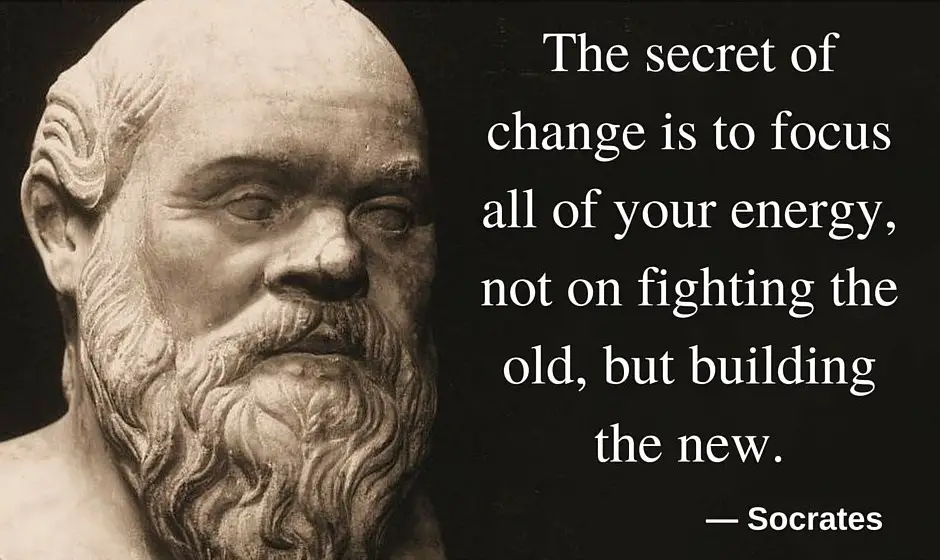

Prepare someone for action: A 2017 review suggests that freezing may function as a time for the brain to decide how to respond to the threat.While freezing might seem like a counterintuitive way to respond to danger, it serves a purpose, just as fight or flight does. a drop in heart rate, rather than an increase.Research from 2015 describes it as “attentive immobility.” While the person who is “frozen” is extremely alert, they are also unable to move or take action against the danger. The freeze response involves a different physiological process than fight or flight.

It can also trigger asthma attacks in people with the condition. A severe fight or flight response can become a panic attack.

Tense muscles: As the muscles prepare to move, they can become tense, which may cause shaking or trembling.Flushed or pale skin: As the body redirects blood to key areas, a person may develop a paler face than usual, or it may alternate between pale and flushed.This also causes an increase in blood pressure. Rapid breathing and heart rate: This allows the body to send more oxygenated blood to the muscles and brain, in case someone needs to take physical action to escape danger.If someone experiences either the fight or flight responses, they will develop: The ANS can send messages that tell the body to prepare for danger in different ways. This is the part of the nervous system that controls rapid, unconscious responses, such as reflexes. An acute stress response causes the body’s autonomic nervous system (ANS) to activate.


 0 kommentar(er)
0 kommentar(er)
